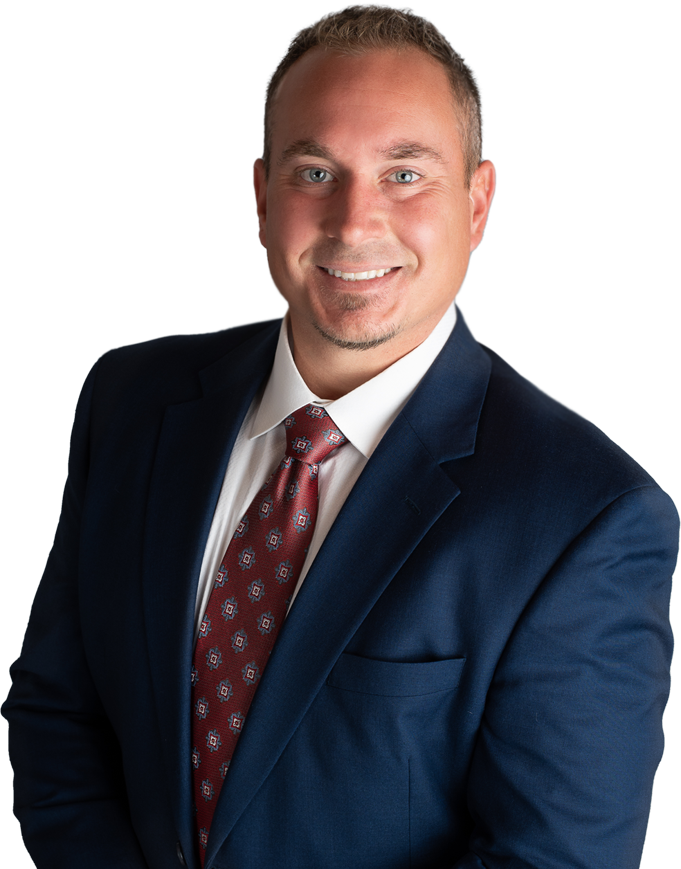Being pulled over after you have had a couple of drinks is a terrifying experience. Possessing knowledge of what the police are trying to get you to admit can go a long way towards giving yourself an opportunity to keep a DWI off your record.
What Are Police Looking For When Investigating A DWI?
If you have been pulled over and the officer asks if you have been drinking, chances are he already suspects that you may be driving under the influence of alcohol or drugs. You may think that you can avoid trouble by cooperating with whatever requests the officer makes. Unfortunately, this is rarely the case. You should never admit to an officer that you have had anything to drink before driving, even if it was only one or two drinks.
Police have a variety of things that they look for when trying to determine if a driver is under the influence of alcohol or drugs. The following are a few examples of things that may tip off the cops that you have been drinking and driving:
- Swerving, especially if your car crosses into another lane of traffic, an officer might suspect that you have been drinking.
- If you are traveling at night, and don’t have your headlights on, especially in an that is close in proximity to bars or nightclubs.
- Slow or delayed reaction to a traffic signal. An example of this would be when you are sitting at a red light, and wait a few seconds after it turns green to begin accelerating.
- Inconsistent speed of travel, especially while driving on a highway or in an area with few stop signs or traffic lights. It is good practice to set your cruise control when you are able to do so to avoid making this mistake.
- Other traffic violations, such as speeding, running stop lights, or running stop signs can also cause police to question whether or not you are driving sober.
In addition to things you might have done while driving, Officers are also trained to look for signs of impairment while they observe you, such as:
- Bloodshot or watery eyes
- Slurred or sluggish speech
- The odor of alcohol, either from you or your breath
I’ve Been Pulled Over, What Should I Do Now?
When an officer engages his or her emergency lights and drives up behind you, you should do your best to keep calm, and safely make your way to the right side of the road, or shoulder of the highway. You should also turn off your radio, engage your emergency flashers, and roll all windows up (with the exception of your driver side window where the officer will come talk to you). You should not make any sudden movements, or shuffle things around in your car because this can lead an officer to believe that you are trying to hide something. This is also not the time to light a cigarette or start chewing gum.
Often times, an officer will ask, “Do you know why I pulled you over?”. The best response to this question is one that does not admit fault for any type of traffic offense, and should never contain an admission that you have been drinking. An example of something you might say is “No sir, is there a problem or am I free to go?”. At this point, the officer should tell you the reason, if any, for the stop. If he tells you there is no problem, and that you are free to go then get out of there!
A scenario that is more likely is that the officer will tell you some reason why he stopped you and then might ask if you have been drinking. As I mentioned earlier, you should never admit to drinking; even admitting to having only one or two drinks can be very detrimental to your case if you are charged with a DWI, DUI, or BAC. This doesn’t mean you should lie to an officer, you might just say something to the effect that you are not going to answer any questions or make any statements until you have spoken with your DUI lawyer.
The Officer Just Asked Me To Perform Field Sobriety Tests, Now What?
If an officer asks you to perform field sobriety tests, chances are that he or she has already made the decision to arrest you for driving while intoxicated, and anything you say or do is going to be used as evidence that you were drunk and behind the wheel.
Since you don’t want to volunteer any evidence that the officers haven’t already gathered based on their observations of you driving and what they have seen and smelled while talking to you, a smart decision is to politely refuse to perform any of these tests, such as the horizontal gaze nystagmus test, walk-and-turn, or reciting of the ABC’s.
An example of a polite, yet firm statement to the officer would be to say something along the lines of, “I’m not going to answer any questions or make any statements.” You could also say “Sir, I’m not going to perform any roadside tests.”
At this point, you probably will be arrested, as you most likely would have had you performed the tests. The difference, however, is that you have limited the amount of evidence that the officers will use against you in court if you are charged and prosecuted for DWI.
Author Bio

Matt Jett is the CEO and Managing Partner of Jett Legal, a Missouri personal injury law firm. With more than 10 years of
experience in personal injury, he has zealously represented clients in various legal matters, including car and truck
accidents, workers’ compensation, wrongful death, and other cases.
Matt received his Juris Doctor from the University of Missouri-Columbia School of Law and is a member of the Missouri
Bar Association. He has received numerous accolades for his work, including the Rising Stars distinction by Super Lawyers 2019-2022.

 314-501-9509
314-501-9509 



